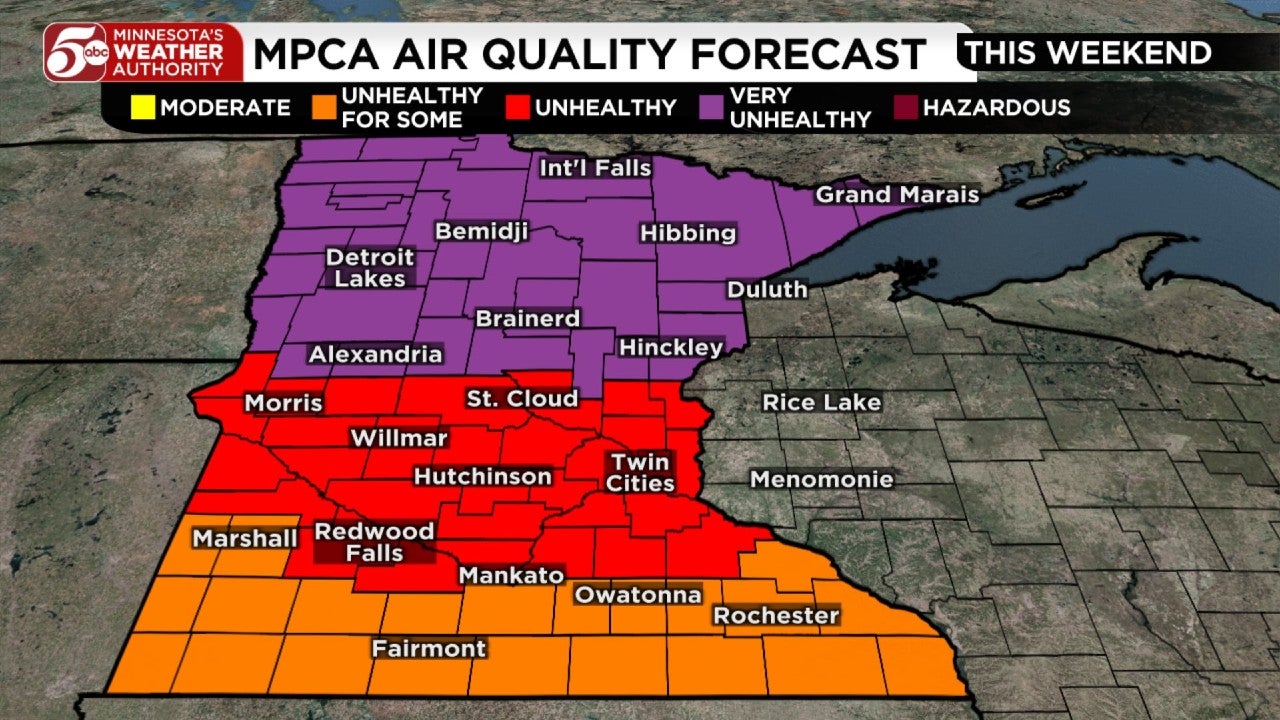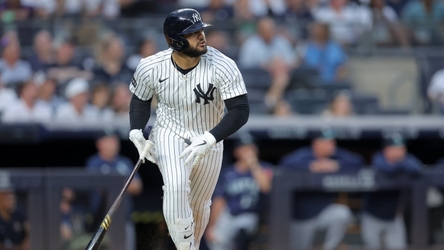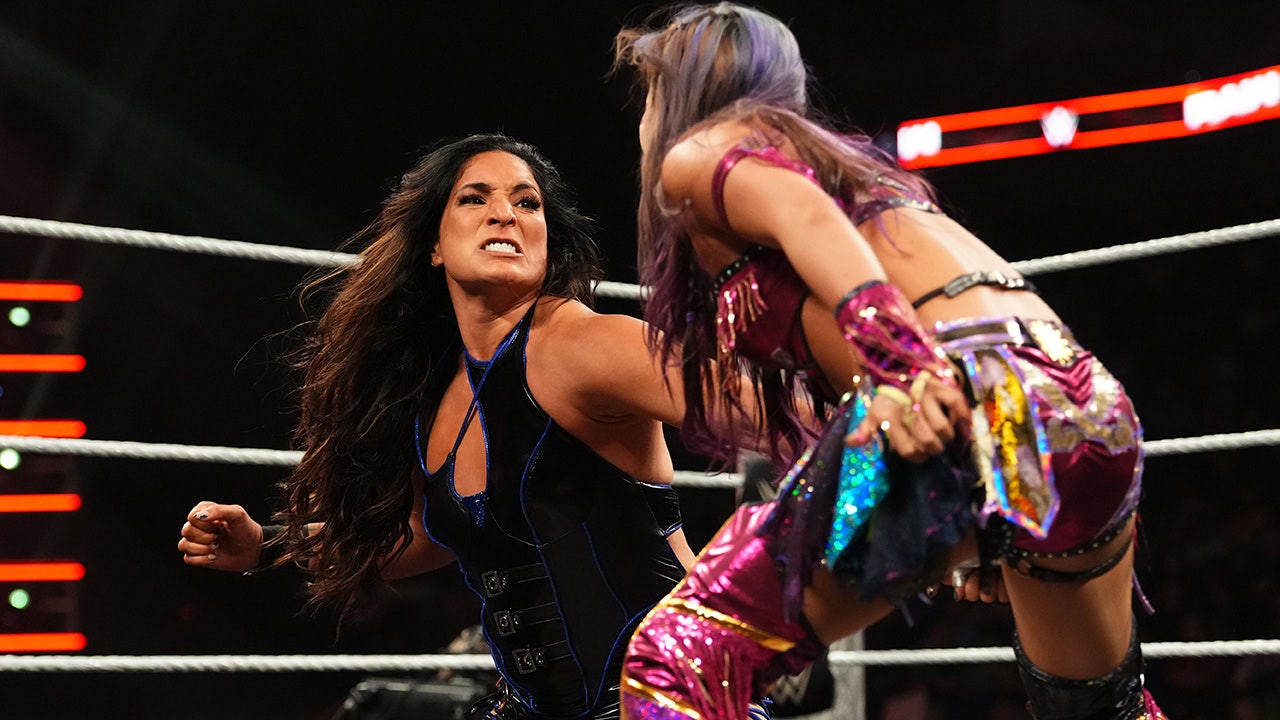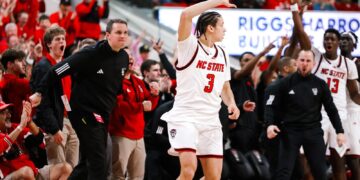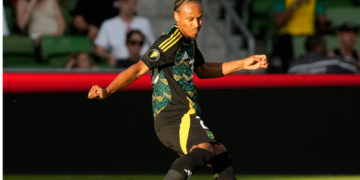John Stearns, a major-league catcher for a decade, also played safety for the University of Colorado. He carried himself with such swagger that people called him “Bad Dude.” Even so, as a Mets coach in the early 2000s, Stearns was not above light teasing from some veterans who had grown up watching him play.
John Franco and Al Leiter had come of age as Mets fans in the late 1970s, after the Tom Seaver trade that plunged the team to the basement. They would tell Stearns how they loved to watch him in the All-Star Game — even though he only made it because the roster needed someone from every team.
That rule persists today, a charming quirk that helps ensure that every team has plenty of obscure(ish) All-Star alumni. But once an All-Star, always an All-Star — and indeed, when Stearns died in 2021, the first line of his obituary called him a four-time All-Star.
As we wait for next week’s festivities in Atlanta — and celebrate the last quarter-century — here’s a round-up of 2000s All-Stars you may have forgotten from each MLB team.
Arizona Diamondbacks: Junior Spivey, 2002
While Spivey never built on his career year (.301/.389/.476), it’s still cool to remember a time when a player could be drafted at the end of the 36th round from a community college in Kansas, get shipped to the Pioneer League in Alberta, Canada, and work his way up to the All-Star Game. The draft is now capped at 20 rounds, and the Pioneer League lost its affiliated status in 2021.
Athletics: Ryan Cook, 2012
The 2012 A’s reached the All-Star break at .500, nine games out in the AL West. Their lone All-Star was Ryan Cook, a rookie reliever who struck out a fellow rookie, Bryce Harper, in his scoreless inning. “This is everything I thought it would be,” Cook told The Athletic’s Dan Brown, then with the San Jose Mercury News, “and 10 times more.” The year was about to get even better, as the A’s stormed to an unlikely division title.
Atlanta Braves: John Burkett, 2001
When it comes to Braves pitchers catching famous home run balls beyond the left field fence, nobody’s topping Tom House, who snagged Hank Aaron’s 715th in 1974. But Burkett is a solid second: Watch him step from the bullpen shadows for a nonchalant, sun-kissed catch of Cal Ripken Jr.’s farewell All-Star blast.
Baltimore Orioles: George Sherrill, 2008
There are lots of ways to go here: Middle reliever Brad Brach, Austin Hays (the starting center fielder in 2023), the ever-versatile Ty Wigginton. But let’s salute Sherrill, a lefty reliever who was the unsung hero of the AL’s 15-inning win in the Bronx in 2008. Sherrill worked out of a bases-loaded jam in the 12th, then pitched a scoreless 13th and 14th in a seven-out effort that matched the longest of his career.
Boston Red Sox: Matt Clement, 2005, and Steven Wright, 2016
Just because both pitchers went 13-6 in their one standout season with the Red Sox, and you probably don’t remember them in the midsummer classic. Wright — the last knuckleballer to make an All-Star team — didn’t get to pitch, but Clement tossed a scoreless inning in Detroit and struck out Carlos Beltrán.
Chicago Cubs: Bryan LaHair, 2012
Four years later, on their way to a championship, the Cubs would claim the entire NL starting infield: Anthony Rizzo, Ben Zobrist, Addison Russell and Kris Bryant. In 2012, though, only LaHair represented the North Side. A first baseman, LaHair hit just .202 after the break, signed with a Japanese team and never returned to the majors.
Chicago White Sox: Jesse Crain, 2013
The record shows that Crain pitched the final game of his career before his only All-Star Game. A setup man in his 10th season, Crain earned his selection with a 0.74 ERA in 38 games. But he injured his shoulder in late June and never returned to the majors.
Cincinnati Reds: Arthur Rhodes, 2010
Arthur Rhodes wasn’t a closer, but he sure knew how to finish his career. Rhodes pitched for 18 seasons in the majors without ever reaching the All-Star Game or the World Series. In year 19, he made the All-Star team for the Reds, and in year 20, he won the World Series with the Cardinals.
Cleveland Indians/Guardians: Matt Lawton, 2004
Roberto Alomar had made 12 consecutive All-Star teams when the Mets traded for him in December 2001. How could they know that Alomar, who had just hit .336/.415/.541, was finished as a productive major leaguer? Alomar was very much not an All-Star for the Mets, but Lawton — one of five players traded for him — got there for Cleveland in 2004.
Colorado Rockies: Mike Hampton, 2001
Mike Hampton is remembered for failing in Colorado, where he lasted for just two seasons of an eight-year, $121 million contract. But did you know that he actually started off well? Hampton was 9-2 with a 2.98 ERA in his first 13 games for the Rockies, becoming the first All-Star pitcher in team history.
Detroit Tigers: Tony Clark, 2001
The head of the MLB players’ union made his lone All-Star appearance in Seattle as a pinch hitter for Edgar Martínez — at a ballpark that now has a statue of Martínez out front. Clark struck out against Jon Lieber.
Houston Astros: Shane Reynolds, 2000
It’s always strange when a good team basically just takes a season off. That’s what happened to the Astros in 2000, the year they moved into the dubiously named Enron Field. The Astros had finished the 1990s with three division titles and would win another in 2001. But in 2000 they lost 90 games and had just one All-Star: Reynolds, a very good pitcher in the midst of his worst season (5.22 ERA). Reynolds did not get into the game and ended his season two weeks later while injuring his knee on a jog.
Kansas City Royals: Mark Redman, 2006
The Royals had just one All-Star representative each season from 2004 through 2012, with fellows like Aaron Crow, Ken Harvey and Redman, a lefty who blitzed through eight teams in a 10-year career. Redman won all five of his starts in June 2006, but reached the break with a very un-All-Star-like 5.27 ERA.
Los Angeles Angels: Jared Walsh, 2021
Walsh certainly deserved the honor with 22 homers at the break. But when he actually got into the game, he found himself at a position he had never played in the majors: left field. Naturally, the ball came his way — and Walsh made a nifty sliding catch.
Los Angeles Dodgers: Hung-Chi Kuo, 2010
A lefty from Taiwan, Kuo was mostly ordinary, with a 4.38 ERA in six of his seven seasons with the Dodgers. The outlier was his otherworldly 2010, when Kuo had a 1.20 ERA, a sub-0.800 WHIP and 11 K/9 in 60 innings. The only pitcher with a season like that in the first 10 years of the 2000s, Eric Gagne, won the Cy Young Award.
Miami Marlins: Henderson Álvarez III, 2014
Here’s something we’ll never see again — a pitcher witnessing the end of his own no-hitter while wearing a batting helmet in the on-deck circle. That’s what happened to Álvarez in the final game of the 2013 season, when the Marlins walked off Detroit on a wild pitch, with Álvarez due up next, in the bottom of the ninth. Álvarez parlayed that into a strong 2014 season (12-7, 2.65) but shoulder problems kept him from ever earning another win.
Milwaukee Brewers: Derrick Turnbow, 2006
At the end of June in 2006, Turnbow had 23 saves and a 3.28 ERA — good enough to earn a trip to Pittsburgh. From that point on, he had one save, four blown saves and a frightful 13.06 ERA. He did pitch a scoreless seventh inning in the All-Star Game, but was finished in the majors within two years.
Minnesota Twins: Eduardo Núñez, 2016
Núñez spent 11 seasons as an essentially league-average player, compiling 0.2 bWAR for his career. He had his moments in bigger markets, with four seasons as a Yankee and three in Boston, where he starred in the 2018 World Series. But a mid-career stint with the Twins gave him his lone All-Star nod.
New York Mets: Taijuan Walker, 2021
Walker made the All-Star team by going 7-3 with a 2.66 ERA in the first half. It turns out that he was done winning for the season. After the game, in which Walker allowed a home run to Mike Zunino, he went 0-8 with a 7.13 ERA, part of a teamwide collapse in the second half.
New York Yankees: Mike Stanton, 2001
Here’s something wild: Dellin Betances suited up four times as a Yankees All-Star — more than Roger Maris (3), Mark Teixeira (2) and Tino Martinez (1). But Betances isn’t the pick here. It’s Stanton, the tireless lefty reliever, who produced an all-time All-Star highlight when he broke Vladimir Guerrero’s bat in Seattle:
Philadelphia Phillies: Vicente Padilla, 2002
The answer for the most obscure Phillies All-Star of the 2000s is outfielder Domonic Brown in 2013. But let’s spotlight the unusual experience of Padilla in 2002. The Phillies had gotten him from Arizona in a trade for Curt Schilling, the NL starter that year. Padilla was the unlikely NL finisher — because after two innings, he couldn’t go any longer and the game ended in a tie, embarrassing commissioner Bud Selig at his home ballpark in Milwaukee. Phillies manager Larry Bowa was grateful that Padilla wasn’t overextended, but acknowledged to the New York Times: “As a fan, do I agree with it? No, not at all. If I’m paying $100-125 a ticket, I want to see somebody win.”
Pittsburgh Pirates: Evan Meek, 2010
The third member of the NL’s 2010 bullpen to make this list, Meek was probably best known for the final pitch of his major-league career. As an Oriole in 2014, Meek gave up Derek Jeter’s walk-off single in the last game Jeter ever played at Yankee Stadium.
San Diego Padres: Everth Cabrera, 2013
It’s safe to say that the All-Star selection was the high point of Cabrera’s summer. The 2012 NL leader in stolen bases, Cabrera was suspended three weeks later for his role in the Biogenesis scandal. He hit .227/.267/.285 for the rest of his brief career.
San Francisco Giants: Melky Cabrera, 2012
Speaking of PEDs, who can forget the heartwarming tale of the 2012 All-Star Game? Returning to Kansas City after the Royals had traded him the previous fall, Cabrera went 2-for-3 with a homer to win the MVP award. The next month, he was suspended after testing positive for testosterone, a caper that involved a fake website built on his behalf in a ham-handed effort to exonerate him. The Giants went on to win the World Series without Cabrera, who was stripped of the 2012 batting title but did go on to earn $60 million in future salaries.
St. Louis Cardinals: Aledmys Díaz, 2016
Lesser-known All-Stars are fun. But sometimes you just want to see the big stars. Take 2016 in San Diego: bases loaded, two outs, eighth inning, NL down by two runs. It’s the highest point of late-game leverage, with Corey Seager set to face Andrew Miller. Two moves later the matchup is Díaz against Will Harris, and Díaz strikes out looking in the only All-Star appearance of his career. Both were deserving stars that summer, to be sure. But you get what I mean.
Seattle Mariners: Daniel Vogelbach, 2019
It’s tempting to go with Shigetoshi Hasegawa, just because his name is so mellifluous, but how can we resist Vogelbach, the 6-foot, 270-pound first baseman who smashed 21 homers before the break in 2019? Fun fact: the game took place in Cleveland, where the pitcher Seattle traded to get Vogelbach, Mike Montgomery, had saved Game 7 of the 2016 World Series for the Chicago Cubs.
Tampa Bay Rays: Corey Dickerson, 2017
The Rays have had lots of random relief pitchers make the All-Star team — Danys Báez, Brad Boxberger, Lance Carter and so on — but Dickerson is the pick here, because of the oddity of him actually starting the All-Star Game as designated hitter. A journeyman who played for eight teams, Dickerson actually won a Gold Glove the next season for Pittsburgh.
Texas Rangers: Milton Bradley, 2008
Bradley had ended the previous season, with the Padres, by tearing his ACL while being restrained by manager Bud Black during an umpire argument. Bradley’s notorious temper probably cost him a chance at stardom, but eight teams gave him a try — and one got an All-Star performance. Bradley was sensational in 2008, hitting .321 with an AL-best .999 OPS and serving as the starting DH at the Yankee Stadium All-Star Game.
Toronto Blue Jays: Santiago Espinal, 2022
The Jays have had quite a few obscure All-Stars this century, from all over the diamond: catcher John Buck, infielder Whit Merrifield, outfielder Michael Saunders, starter Ricky Romero and the left-right middle-relief duo of Brett Cecil and Steve Delabar, who made it together in 2013. But the choice here is Espinal, a competent utility guy now playing for Cincinnati.
Washington Nationals: Tyler Clippard, 2011 and 2014
Clippard is the Nationals’ leader in games pitched (with 418, he’s just seven behind franchise leader Tim Burke of the Expos) and a deserving All-Star twice. He makes this list for the trick he pulled in 2011, when he faced one batter, gave up a hit — and earned the victory. How? He gave up a hit to Adrián Beltré, but Hunter Pence threw out José Bautista at the plate. Then the NL came to bat and took the lead for good, giving Clippard a curly-W in the box score.
(Illustration: Demetrius Robinson / The Athletic; Photos: Jonathan Daniel, Jayne Kamin-Oncea, Todd Warshaw/Getty Images, Gary A. Vasquez-Imagn Images)

